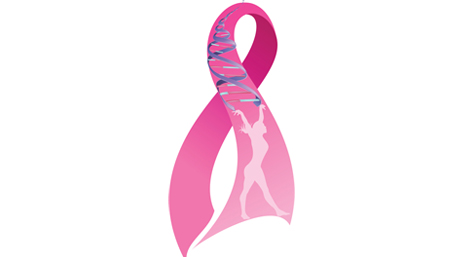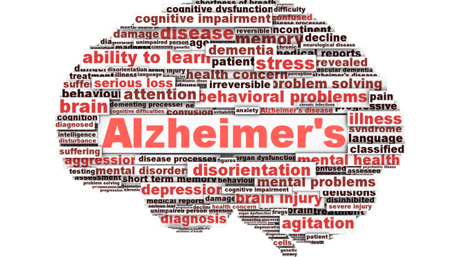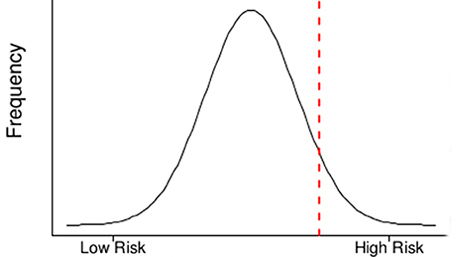
11/06/2023
Hot Topics of the Day are picked by experts to capture the latest information and publications on public health genomics and precision health for various diseases and health topics. Sources include published scientific literature, reviews, blogs and popular press articles.
Sign up MyPHGKB to receive the daily hot topic email alert.
Archived Hot Topics of the Day By Date
Neighborhood Deprivation and DNA Methylation and Expression of Cancer Genes in Breast Tumors.
Brittany D Jenkins et al. JAMA Netw Open 2023 11 (11) e2341651
APOE Genotype and Alzheimer Disease Risk Across Age, Sex, and Population Ancestry.
Michael E Belloy et al. JAMA Neurol 2023 11
Patient-Level Exposure to Actionable Pharmacogenomic Medications in a Nationally Representative Insurance Claims Database
ML BIanchini et al, JPM, November 3, 2023
Artificial intelligence exceeds humans in epidemiological job coding.
Mathijs A Langezaal et al. Commun Med (Lond) 2023 11 (1) 160
Ancestry-specific polygenic risk scores are risk enhancers for clinical cardiovascular disease assessments.
George B Busby et al. Nat Commun 2023 11 (1) 7105
Disclaimer: Articles listed in Hot Topics of the Day are selected by Public Health Genomics Branch to provide current awareness of the scientific literature and news. Inclusion in the update does not necessarily represent the views of the Centers for Disease Control and Prevention nor does it imply endorsement of the article's methods or findings. CDC and DHHS assume no responsibility for the factual accuracy of the items presented. The selection, omission, or content of items does not imply any endorsement or other position taken by CDC or DHHS. Opinion, findings and conclusions expressed by the original authors of items included in the Clips, or persons quoted therein, are strictly their own and are in no way meant to represent the opinion or views of CDC or DHHS. References to publications, news sources, and non-CDC Websites are provided solely for informational purposes and do not imply endorsement by CDC or DHHS.
- Page last reviewed:Feb 1, 2024
- Content source:






